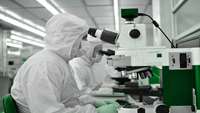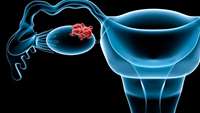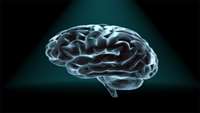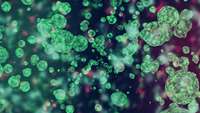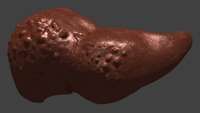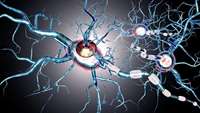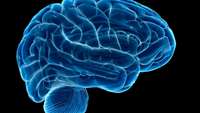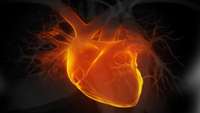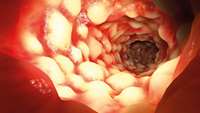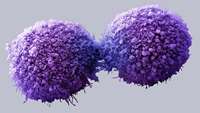Novartis Cuts 20Percentage of Drug-Research Projects After Review
Novartis AG has dropped about a fifth of its research projects as the drugmaker narrows its focus on the most cutting-edge medicines.
Ovarian cancer: Scientists find a way to launch dual attack
Antibody therapy is a type of immune therapy, or immunotherapy, that uses enhanced antibodies to identify disease targets and then kill them or summon immune cells to kill them.
New method adds missing functionality to brain organoids
In a collaborative study between Case Western Reserve University School of Medicine, the New York Stem Cell Foundation (NYSCF) Research Institute, and George Washington University, researchers have developed a new procedure for generating miniature 3-D versions of the brain called "organoids" from human stem cells.
Exosomes: mediators of bone diseases, protection, and therapeutics potential
Bone remodeling is a continuous lifelong process in the repair of micro-damage to bone architecture and replacement of aging tissue in bone.
Bioengineered Liver Models for Drug Testing and Cell Differentiation Studies
In vitro models of the human liver are important for the following: (1) mitigating the risk of drug-induced liver injury to human beings, (2) modeling human liver diseases, (3) elucidating the role of single and combinatorial microenvironmental cues on liver cell function, and (4) enabling cell-based therapies in the clinic.
The Beneficial Effect of Human Amnion Mesenchymal Cells in Inhibition of Inflammation and Induction of Neuronal Repair in EAE Mice
Multiple sclerosis (MS) is a chronic inflammatory autoimmune disease of the central nervous system (CNS). Currently, there is still lack of curative treatment for MS.
New insights into the complex role of mitochondria in Parkinsons disease
New discoveries providing insights into mitochondrial bioenergetics, their dynamic interactions as well as their role in cellular homeostasis have dramatically advanced our understanding of the neurodegenerative process of Parkinsons disease (PD)
Building a new strategy for treating heart failure using Induced Pluripotent Stem Cells
Although cell therapy using myoblasts, bone marrow cells, or other stem cells appears to improve functional recovery of the failing heart, mainly by cytokine paracrine effects, its effectiveness in severely damaged myocardium is limited, probably because there are too few residual myocytes to promote cytokine-induced angiogenesis.
Stem cell transplants to be used in treating Crohns disease
A clinical trial has begun which will use stem cell transplants to grow a new immune system for people with untreatable Crohns disease—a painful and chronic intestinal disease which affects at least 115,000 people in the UK.
New micro-platform reveals cancer cells natural behavior
A new cell culture platform allows researchers to observe never-before-seen behaviors of live cancer cells under the microscope, leading to explanations of long-known cancer characteristics.


